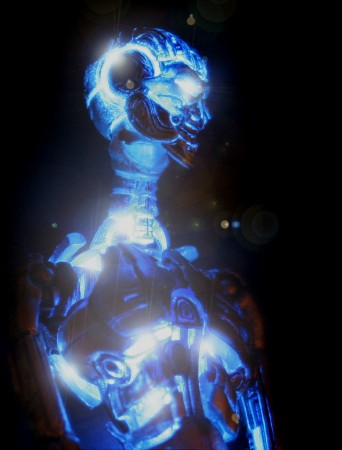
This article was originally published by E-International Relations on 25 January 2016.
A couple of years ago I invited a group of scholars (including several of the authors in this E-IR series) to get together and share their views on something called ‘posthuman security’. While we all had different disciplinary backgrounds, expertise, questions and commitments, we shared the intuition that international security is not solely a matter of securing human lives and bodies. Instead, we contended that diverse beings other than humans are implicated in the conditions of (in)security. With this in mind, we wanted to think collectively about what the notion of ‘security’ means in worlds intersected and co-constituted by various kinds of beings: humans, other organisms, machines, elemental forces, diverse materials – and hybrids of all of the above. In turn, we wanted to think about what the ‘posthuman’ means when we bring it into the realm of security. For instance, does embracing a more-than-human or post-human ontology mean giving up on notions of security as stability, sustainability or resilience? On the other hand, does embracing such concepts forces one back into a humanism that reinforces rigid and exclusive understandings of what ‘humanity’ is, and what is worthy of being security? Over the last two years, we have met to hash out these issues with a widening group of interlocutors in workshops and panels in the UK, Australia, Italy and the US. So what kinds of insight have these discussions inspired?
